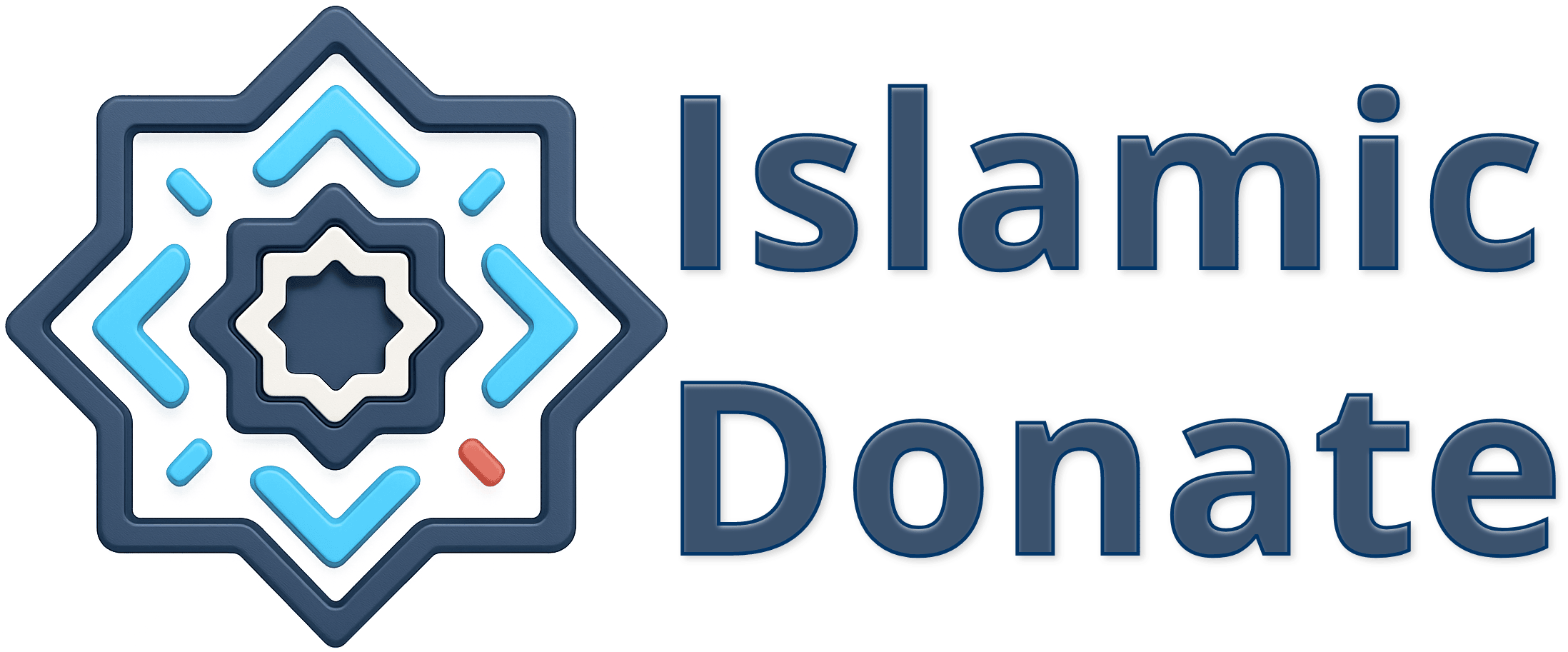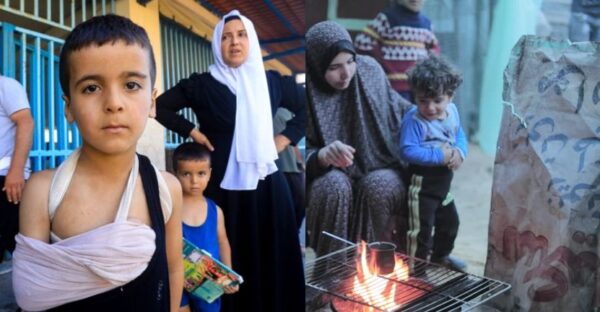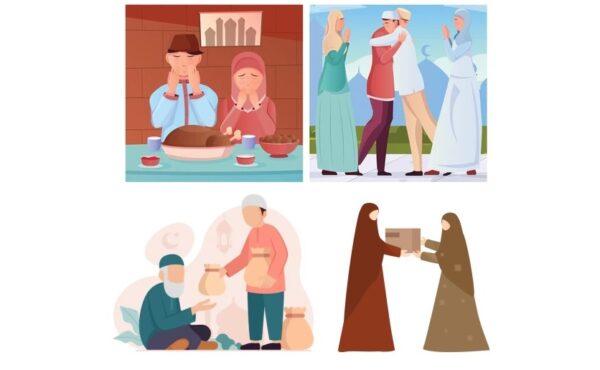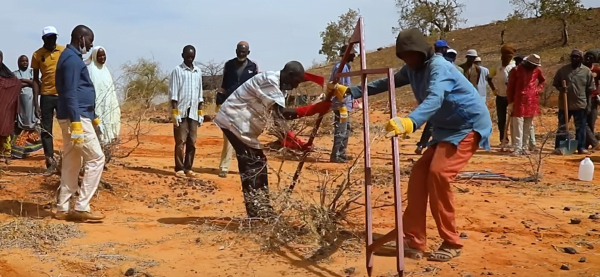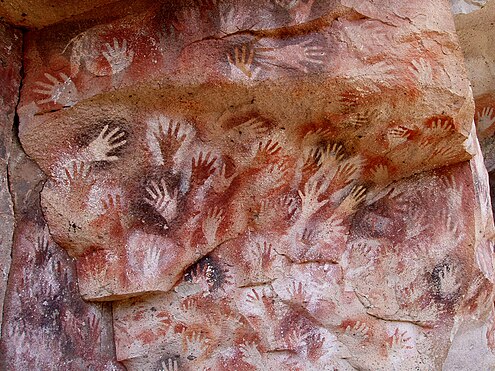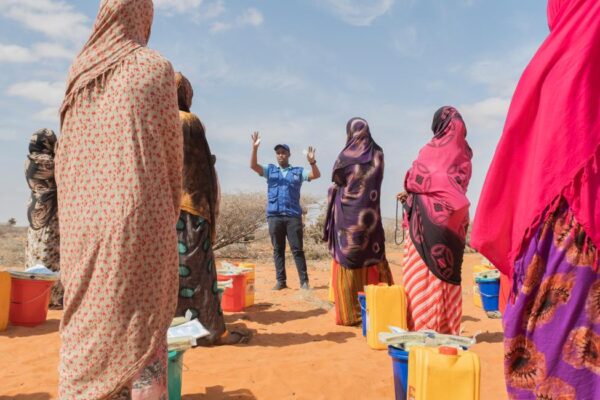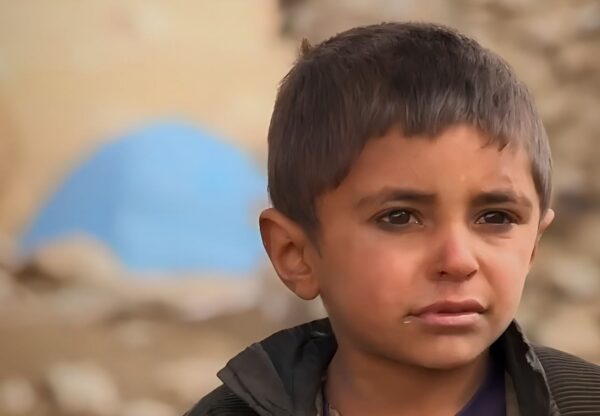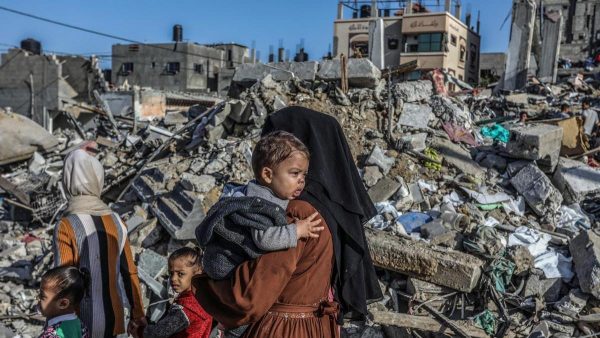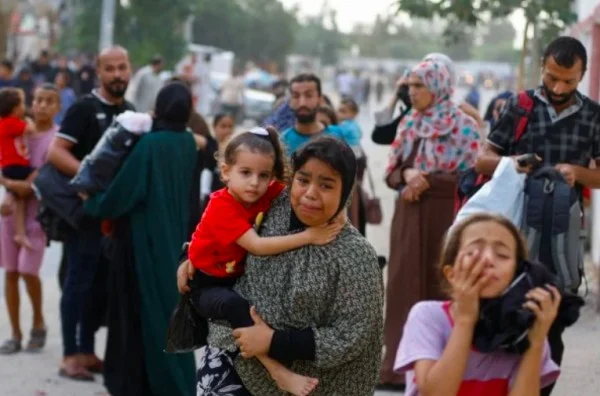Understanding the Lebanon Crisis and How You Can Help
As we witness the unfolding crisis in Beirut, Lebanon, our hearts ache for the countless families caught in the turmoil. The escalating conflicts, which have now reached the heart of the city, have transformed lives overnight. You might wonder, how can we, as a united community through “Our Islamic Charity,” make a difference in this desperate situation? Let’s delve into what’s happening and how we can take action together.
The Current Situation: A City in Crisis
At the beginning of October 2024, we saw conflict flare up in southern Lebanon, and it didn’t take long for the repercussions to ripple into Beirut. Streets that once echoed with laughter now resonate with the cries of the displaced. Homes lie in ruins, and the daily reports of injuries and displacements paint a grim picture. Our presence here is crucial. We are not just observers; we are active participants in alleviating the suffering of those around us.
Children and women bear the brunt of this crisis. Imagine the fear in a child’s eyes as they navigate a city transformed into a battleground. Women, often the backbone of families, find themselves in precarious situations, struggling to provide safety and sustenance. The stories we hear are heartbreaking, and they compel us to act.
The Urgent Need for Humanitarian Aid
Our efforts at “Our Islamic Charity” are focused on addressing immediate needs. We have taken steps to temporarily settle displaced families in northern cities. However, the challenge is immense. We face an overwhelming shortage of essential supplies, particularly tents, blankets, and warm clothing. The nights are growing colder, and without adequate shelter, the most vulnerable among us suffer the most. You can donate crypto for winter clothes and tents here.
In our ongoing mission, we have coordinated the transfer of vital resources from warehouses in Syria. The urgency of this task cannot be overstated. Every hour matters, and each tent can mean a safe space for a family to rest. We invite you to join us in this mission. Together, we can ensure that no one has to sleep on the cold streets, shivering in fear and uncertainty.
How You Can Make a Difference
While the situation is dire, there is hope. You have the power to make a meaningful impact. Whether through donations or spreading the word about our initiatives, your involvement can change lives. Our charitable organization embraces the use of innovative methods like crypto donations, making it easier for you to contribute from anywhere in the world. This modern approach to giving not only ensures that your support reaches those in need swiftly but also helps us maximize our resources. You can donate crypto for the people of Lebanon and the Lebanese crisis here.
Imagine a child in Beirut receiving a warm blanket or a meal because of your generosity. Picture a mother finding solace in knowing her family has a roof over their heads, even if just for a night. Each contribution, no matter the size, can create ripples of change that uplift entire communities.
Relief to Lebanese Muslims: A Call to Action
As we stand in solidarity with the people of Beirut, let’s remember that every act of kindness counts. We urge you to join us in this humanitarian effort. Share our message, talk to your friends, and consider donating through our crypto aid platform. The resilience of the Lebanese people is inspiring, but they need our help now more than ever.
In conclusion, as we navigate these challenging times together, let’s commit to making a difference. With your support, we can provide hope and relief to those who need it most. Our Islamic Charity stands ready to serve, and together, we can help rebuild lives and restore dignity in Beirut.
Let’s take action and be the change we wish to see in the world.

